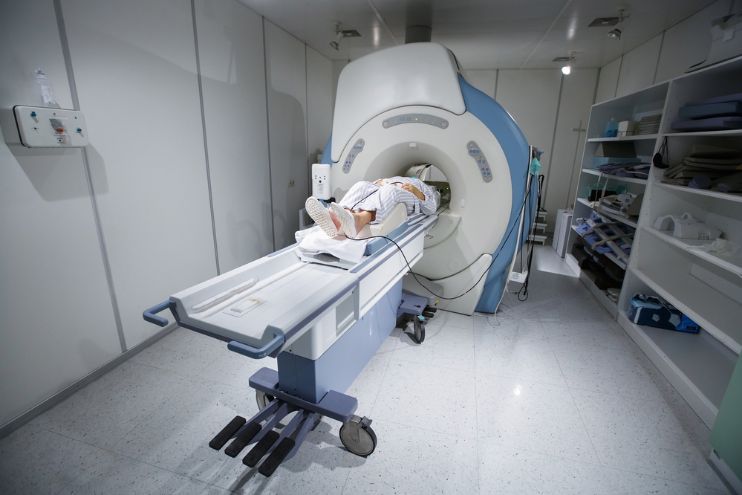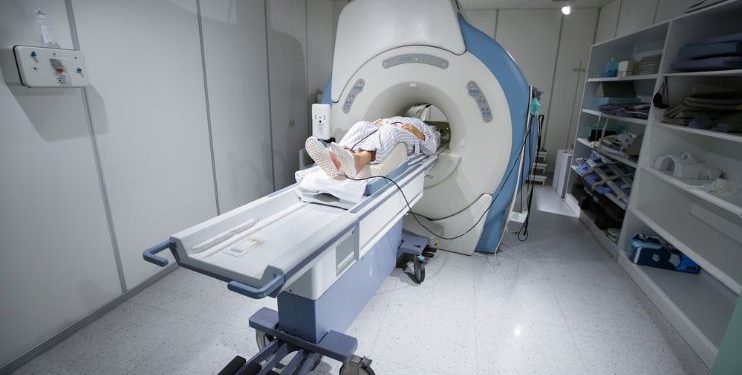Bowel cancer screening is a way to detect and treat bowel cancer at the earliest stage possible, when it is most likely to be successfully treated. This can save lives and is one of the most effective ways to prevent cancer.
There are several tests used for bowel cancer screening that can be done at home, or by hospital. They can help identify changes in your bowel that could be a sign of bowel cancer, and if detected early, 90% of bowel cancers can be successfully treated.
Stool tests
A stool test looks at DNA in your poo for genetic changes that may be a sign of colorectal cancer or polyps. It can also detect blood in your stool (called occult blood) that is a sign of blood-filled, shredded cell debris from polyps or bowel cancer.
The test used in the National Bowel Cancer Screening Programme is called the FIT – Faecal Immunochemical Test and it uses a stick to take a small sample of your poo. This sample is then sent free of charge to the NHS for tests in a laboratory.
FIT kits are being given to people in England, Scotland and Northern Ireland who have been invited to take part in screening. The FIT kit is designed to be easier to use than previous bowel cancer screening kits, and allows you to complete the test in the privacy of your own home.
You need to be registered with a GP and receive a bowel screening invitation to take part in this programme. If you aren’t sure whether you are eligible to take part, ask your GP or check the NHS website for more information.

If you are eligible to take part in bowel cancer screening, you will be sent a FIT testing kit every 2 years. You can use the FIT testing kit at home, or you can have it tested in your local hospital.
A stool test can’t pick up all the changes that can be a sign of bowel cancer, so other tests might be needed to find out more. The test that your GP will choose depends on your age, gender, medical history and family history.
For example, if you have a strong family history of bowel cancer or polyps, you may need a test for colorectal cancer called colonoscopy. You can also have this test if you have symptoms of bowel cancer, such as bleeding or loss of weight.
Other options for colorectal cancer screening include virtual colonoscopy, which uses a series of x-rays to make pictures of your colon. The images are made using a computer, and can show polyps or other signs of cancer clearly. Some clinical trials are also looking at whether drinking a contrast material that coats the stool, instead of using laxatives to empty the colon, can pick up the changes that might be a sign of cancer.
Other colorectal cancer screening options are blood tests or radiologic examinations, like double contrast barium enema and capsule endoscopy. These tests can help find polyps or cancer and can be used to screen for other types of cancer, too.









